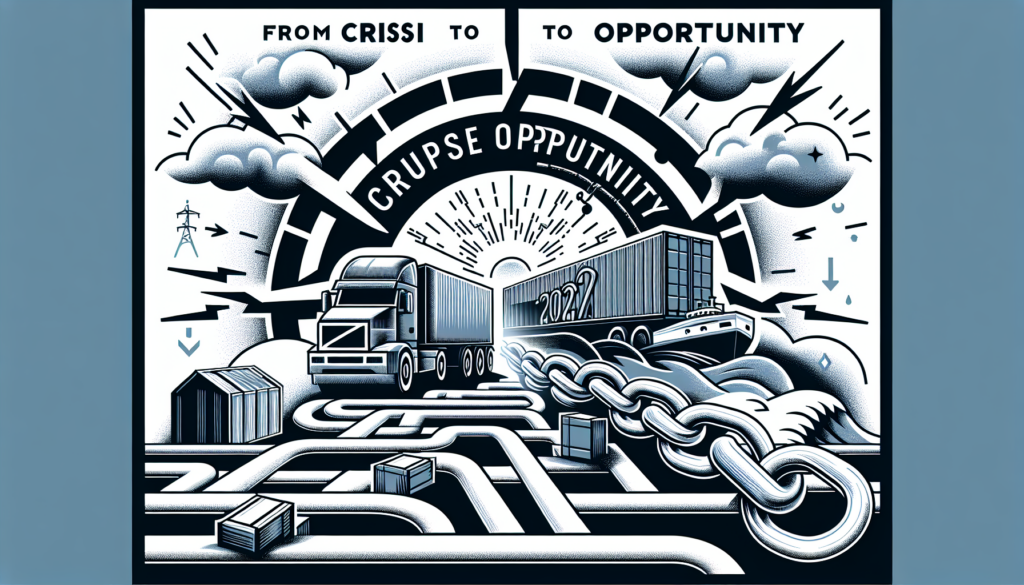The year 2020 brought unprecedented challenges to businesses around the world, as the global pandemic disrupted supply chains and logistics networks. Companies were forced to adapt quickly to survive in an uncertain and volatile environment. However, as we move into 2023, businesses are finding ways to not only overcome these challenges but also turn them into opportunities for growth and innovation.
One of the key strategies that businesses are using to navigate the complex supply chain landscape is diversification. By diversifying their supplier base and distribution channels, companies are reducing their reliance on any single source or mode of transportation. This approach not only helps to mitigate the risk of disruptions but also allows businesses to tap into new markets and reach a wider customer base.
Another trend that is gaining momentum in 2023 is the adoption of technology to optimize supply chain operations. From advanced data analytics and artificial intelligence to blockchain and Internet of Things (IoT) devices, businesses are leveraging cutting-edge technologies to improve visibility, efficiency, and transparency in their supply chains. By harnessing the power of data and automation, companies can make faster and more informed decisions, reduce costs, and enhance the overall customer experience.
Furthermore, collaboration and partnerships are playing a crucial role in overcoming supply chain challenges. In an interconnected and interdependent global economy, no company can thrive in isolation. Businesses are forming strategic alliances with suppliers, manufacturers, distributors, and logistics providers to create resilient and agile supply chains. By working together, companies can share resources, expertise, and best practices, leading to mutual benefits and sustainable growth.
Moreover, sustainability and ethical sourcing are becoming top priorities for businesses in 2023. Consumers are increasingly demanding products that are not only high quality and affordable but also environmentally friendly and socially responsible. Companies are reevaluating their supply chain practices to reduce waste, minimize carbon footprint, and ensure fair labor practices. By embracing sustainability, businesses can enhance their brand reputation, attract new customers, and create long-term value for all stakeholders.
In conclusion, the supply chain challenges of 2020 have transformed into opportunities for businesses to innovate, adapt, and thrive in 2023. By diversifying their supplier base, embracing technology, fostering collaboration, and prioritizing sustainability, companies can build resilient and agile supply chains that drive growth and success in a rapidly changing world.
FAQs
Q: How can businesses mitigate the risk of supply chain disruptions?
A: Businesses can mitigate the risk of disruptions by diversifying their supplier base, adopting technology for better visibility and efficiency, and forming strategic partnerships with key stakeholders.
Q: Why is sustainability important in supply chain management?
A: Sustainability is important in supply chain management because it helps to reduce environmental impact, ensure ethical sourcing practices, and meet the growing demand for eco-friendly products from consumers.
Q: How can businesses leverage technology to optimize their supply chains?
A: Businesses can leverage technology such as data analytics, artificial intelligence, blockchain, and IoT devices to improve visibility, efficiency, and transparency in their supply chains, leading to better decision-making and cost savings.
For more information on how Fulfillment Hub USA can help your business overcome supply chain challenges, visit https://fulfillmenthubusa.com.
[ad_2]
